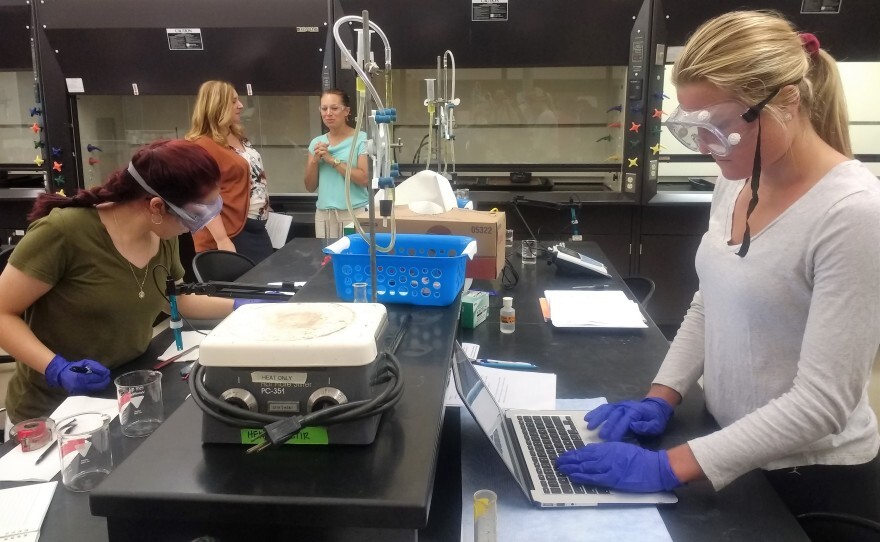A new report from the Wisconsin Policy Forum examines how higher education in southeast Wisconsin is meeting the needs of the health care workforce. The report found that more people are graduating with bachelor’s degrees in nursing and other health care fields, but worker shortages remain.
The data used in the report comes from the Higher Education Regional Alliance (HERA), a group of 18 colleges and universities in southeast Wisconsin. The Medical College of Wisconsin, which is the only school in southeast Wisconsin that trains doctors, is not included in HERA, so the report does not include data for physicians.
Policy Forum senior researcher Joe Peterangelo says health science students are increasingly favoring bachelor's degrees over associate degrees or certificates.
"Overall in health science, we saw this big increase in bachelor's degree completion," he says. "There were 45% more students who completed bachelor's or more advanced degrees in 2019 than 2011."
Nursing helped drive that change. Peterangelo says hospitals have pushed for more nurses to get bachelor's degrees because having a more highly-trained nursing staff gives them a coveted credential known as "magnet status."
While bachelor's degrees in health science are increasing, fewer students are getting certificates and associates degrees, which results in greater shortages of certified nursing assistants and medical assistants.
"There are a lot of nursing assistant positions, a lot of medical assistant positions at clinics, at nursing homes, at hospitals. All of those employers are saying they have shortages in those positions," says Peterangelo.
As Wisconsin continues to contend with the COVID-19 pandemic, along with an aging population, demand for health care workers only becomes more urgent.
"One of the big question marks is how the pandemic is going to impact all of this," Peterangelo says. "Some of the higher ed people I spoke with seemed optimistic that students were inspired to work in health care because of how frontline health workers were viewed as heroes in the pandemic. At the same time, you read about the burnout and stress of nurses and people leaving the field — potentially that could impact students' choices about going into the health care field."
Have a question about education you'd like WUWM's Emily Files to dig into? Submit it below.
_






